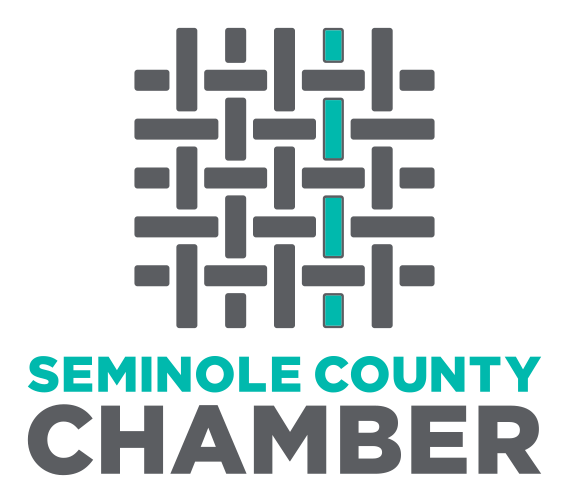Next year, the federal government will be requiring businesses to increase the amount of reporting it provides. It is a new step that may catch businesses off guard as many businesses may not have even heard of the new types of disclosure.
But, if you own, invest or work for a small business, be ready to file your Beneficial Ownership Information to the federal government in January. Not doing so could result in significant fines and possibly jail time.
That sounds scary, right?
It can be, but for most businesses, the actual act of filing this newly required information can be simple. Where it gets complicated is if your business is required and who you must disclose to the federal government.
The attorneys at The Orlando Law Group can help businesses determine if they are required to file its Beneficial Ownership Information and file all the required documents for you.
Why do businesses need to report its Beneficial Ownership Information?
For most businesses, there is significant reporting required to publicly show the ownership of a business.
For instance, a major company like Walt Disney Co. is publicly traded and all of its ownership information is accessible and public. A small investment firm files with the Securities and Exchange Commission. A non-profit organization files its ownership information with the Internal Revenue Service in its form 990.
Small businesses, for the most part, do not have to file this type of information with the federal government.
That is why, in 2021, the federal government passed the Corporate Transparency Act, hoping to provide more tools for law enforcement to find terrorists, money laundering, counterfeiting and more.
Yes, just like how we take off our shoes at the airport because of an act of terrorism, law-abiding small businesses will now have to file additional information with the government because of criminals.
Who needs to file Beneficial Ownership Information?
If you are a small business with fewer than 20 employees and annual revenues less than $5 million, you most likely will need to file.
There are 21 specific exemptions, like companies in the investment and financial realms. Most organizations who file as a 501(c) with the IRS are exempt. And large businesses are exempt.
Read more.
The Orlando Law Group
-
Jennifer Englert Schmitt President
- October 31, 2023
- (407) 512-4394
- Send Email



